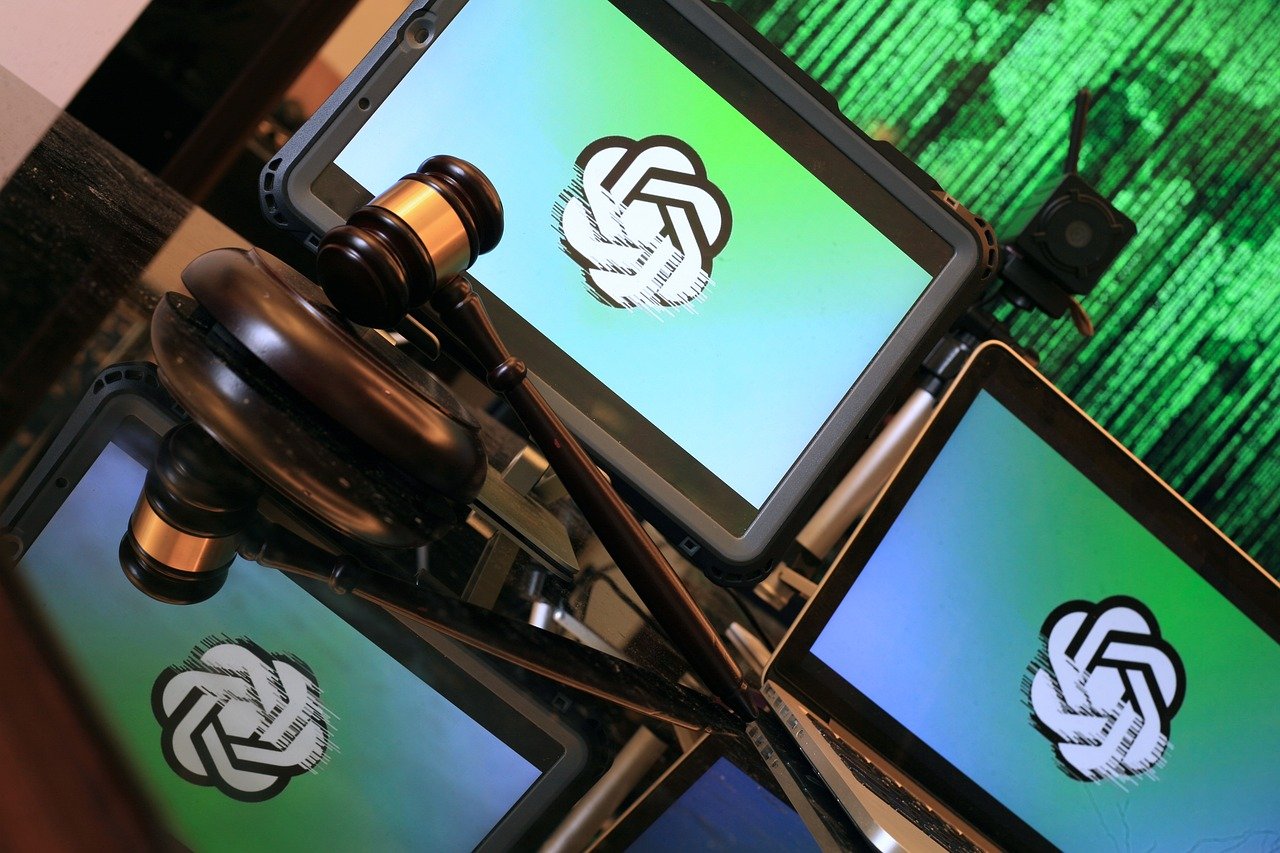Member states of the European Union have approved the content of the Artificial Intelligence (AI) regulation. The approval was unanimous. According to representatives of Netskope, a leader in the field of Secure Access Service Edge (SASE) and cybersecurity, these are good regulations that on one hand control the use of AI, and on the other hand, encourage innovation by companies and enterprises.
Neil Thacker, CISO EMEA at Netskope,
“With the increasing presence of artificial intelligence in all aspects of everyday life, the issue of legal frameworks has become urgent and necessary to regulate in terms of its applications and data protection. However, it’s essential that this is based on precise and transparent legal rules that evolve with technologies so that we can find the right balance in enabling innovations while respecting ethical principles.
The AI Act has a broad scope, trying to provide guidelines and protection in many areas that AI will impact in the coming years. For an average business not specialized in the field, these are references to general-purpose AI systems (GPAI), which should be considered at the start of their use. New regulations include transparency requirements, including technical documentation and compliance with EU copyright laws, and if these are not available, companies are obliged to monitor the use of such systems in their organization. I am particularly pleased with the clear requirements for detailed summaries of the training content used in AI training included in the regulations.
Conscious decision-making is crucial for the implementation of artificial intelligence, which must be ethical and meet the requirements of new law. Knowing and documenting the use of both machine learning and artificial intelligence systems in the organization is a simple way to understand and predict data security gaps critical to the company, while ensuring responsible use of artificial intelligence”.
Ilona Simpson, CIO EMEA
“The new EU law on artificial intelligence is the world’s first cross-sectoral and transnational legal act concerning artificial intelligence, but it goes much further than just member states’ collaboration on crucial issues that are now being resolved. The regulation emphasizes security and ethical principles at the heart of innovation in artificial intelligence and is a clear signal that governments are taking ethical implications – and the ensuing need for governance – at the heart of these rapid advances seriously.
Penalties imposed for non-compliance with regulations are consistent with the well-established GDPR enforcement model. They are limited to 7% of company’s turnover compared to 4% within GDPR, indicating strong provisions showing that the new laws must be adhered to.
Legislators made every effort to create a balance between new regulations and innovation. The law is the first I’ve seen that actively encourages startups and SMEs to innovate – in fact, it includes explicit provisions promoting the use of regulatory provisions established by national authorities. This will ensure that the EU can support technological advancement without hindering it with excessive regulatory restrictions.”
